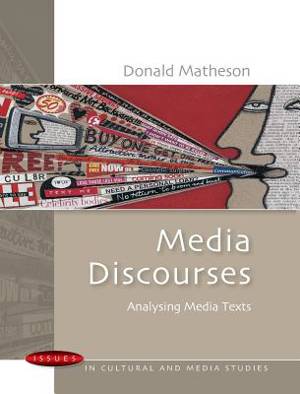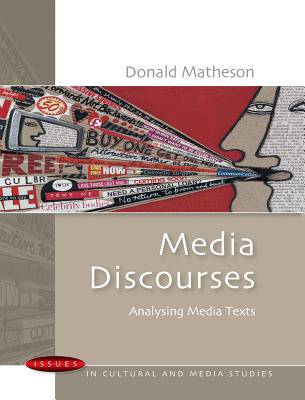
- Retrait gratuit dans votre magasin Club
- 7.000.000 titres dans notre catalogue
- Payer en toute sécurité
- Toujours un magasin près de chez vous
- Retrait gratuit dans votre magasin Club
- 7.000.0000 titres dans notre catalogue
- Payer en toute sécurité
- Toujours un magasin près de chez vous
Description
Introduces readers to discourse analysis to show how media communication works. Written in a lively style and drawing on examples from contemporary media, this work discusses what precisely gets represented in media texts, who gets to do the talking, and what knowledge people need to share in order to understand the media.
Spécifications
Parties prenantes
- Auteur(s) :
- Editeur:
Contenu
- Nombre de pages :
- 224
Caractéristiques
- EAN:
- 9780335214693
- Date de parution :
- 16-09-05
- Format:
- Livre broché
- Dimensions :
- 172 mm x 225 mm
- Poids :
- 362 g

Les avis
Nous publions uniquement les avis qui respectent les conditions requises. Consultez nos conditions pour les avis.






